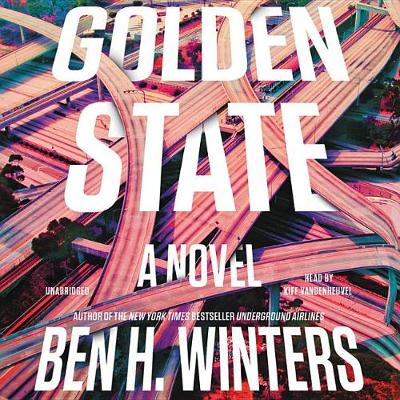If 1984 and The Giver had a baby, I think it would have been this book. Maybe with a little The Handmaid’s Tale thrown in. The problem is that, while I loved The Giver and The Handmaid’s Tale, I hated 1984. And that left me feeling very mixed about this book.
The premise is great… a world in which truth is all-important, and anything less could get you exiled or worse. In itself, that is incredibly thought-provoking. The author has created a world that has shades of our own, making the possibilities seem that much more eerie. It is a Big Brother-esque world in which there is no escape. Citizens must record every detail of their lives, living every moment in rigid truth. Surveillance is a thing of normalcy, leaving little space for privacy. Books, TV, and movies are things of the past. The only viewing available are curated recordings of surveilled moments, shown to the masses. There’s even a bit of a science fiction element to be found in the Speculators, law enforcement officers who seem to have an otherworldly ability to sense lies. And, of course, there is the irony that’s always involved in dystopian worlds… that the very thing that is considered the detriment of society is still available to the elite.
This feels like a book I should have loved, but I just didn’t. The writing is good, the premise is good. But as the book went on, there were just too many moments in which the reader had to suspend their disbelief. There was such a departure, and so frequently, from the premise for some of the characters that it felt unbelievable. Nor did the constant “gotcha” moments help. Far too often, an event/situation/person would suddenly be revealed as something other than what was originally presented, with little to no real reason why. It felt utterly random, with little connection to the plot, without advancing it in any real way.
Another problem for me was the lack of backstory that felt necessary. From page 1, I wondered three things.
- What happened to make the world become what it is in this book.
- How the government/state was able to overpower human nature and eliminate free-thinking and subjectivity.
None of this was addressed at any point, which made it hard to suspend disbelief for much of the book. By the end, which seemingly came out of left field, there were just too many over-the-top moments.
